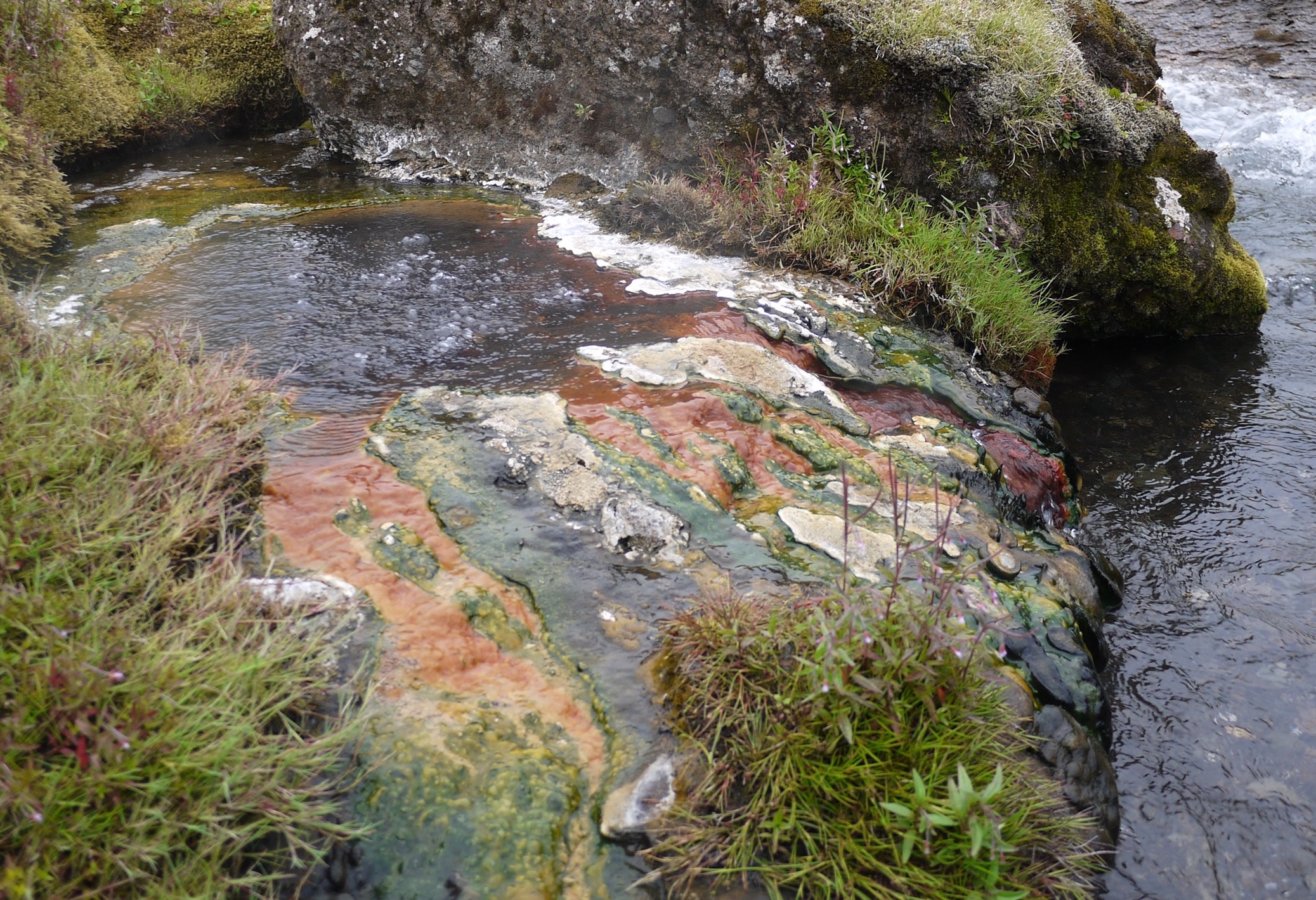
Research shows that bacteria do in fact go extinct
Do bacteria go extinct? The world is filled with hugely diverse populations of microbes, and its because of the sheer number of bacteria populations that it was commonly thought bacteria rarely go extinct or die off.
However, a new study shows that this isn’t the case and that bacteria, like a wide range of other species, have gone extinct. However, it was difficult to track these declines in populations because bacteria have avoided the large, planet-wide mass extinctions easily evidenced in the fossil record.
“Bacteria rarely fossilize, so we know very little about how the microbial landscape has evolved over time,” said Stilianos Louca, the leader of the study. “Sequencing and math helped us fill in the bacterial family tree, map how they’ve diversified over time, and uncover their extinctions.”
Researchers from the University of British Columbia, Caltech, and Lawrence Berkeley National Laboratory used DNA sequencing and data analysis to create the first evolutionary tree of bacteria over the past billion years.
“This study wouldn’t have been possible 10 years ago,” said Michael Doebeli, the senior author on the paper. “Today’s availability of massive sequencing data and powerful computational resources allowed us to perform the complex mathematical analysis.”
Even though the researchers were able to track the evolutionary history of an estimated 1.4 to 1.9 million bacterial lineages through the years, the resulting family tree only represents a small fraction of bacteria overall.
“While modern bacterial diversity is undoubtedly high, it’s only a tiny snapshot of the diversity that evolution has generated over Earth’s history,” said Louca.
The results, published in the journal Nature Ecology and Evolution, show that bacteria have experienced thousands of extinctions throughout the years, between 45,000 and 95,000 extinctions in the last million years alone to be exact.
Bacteria have managed to avoid large mass extinction events and the researchers found that they have also been able to diversify exponentially without interruption, even with thousands of extinctions within their family tree.
The researchers next plan to study the evolution of bacteria and its physiological properties through the years to see what advantages bacteria have gained in order to thrive and sustain such high numbers and diversity.
—
By Kay Vandette, Earth.com Staff Writer
Image Credit: Stilianos Louca, University of British Columbia













